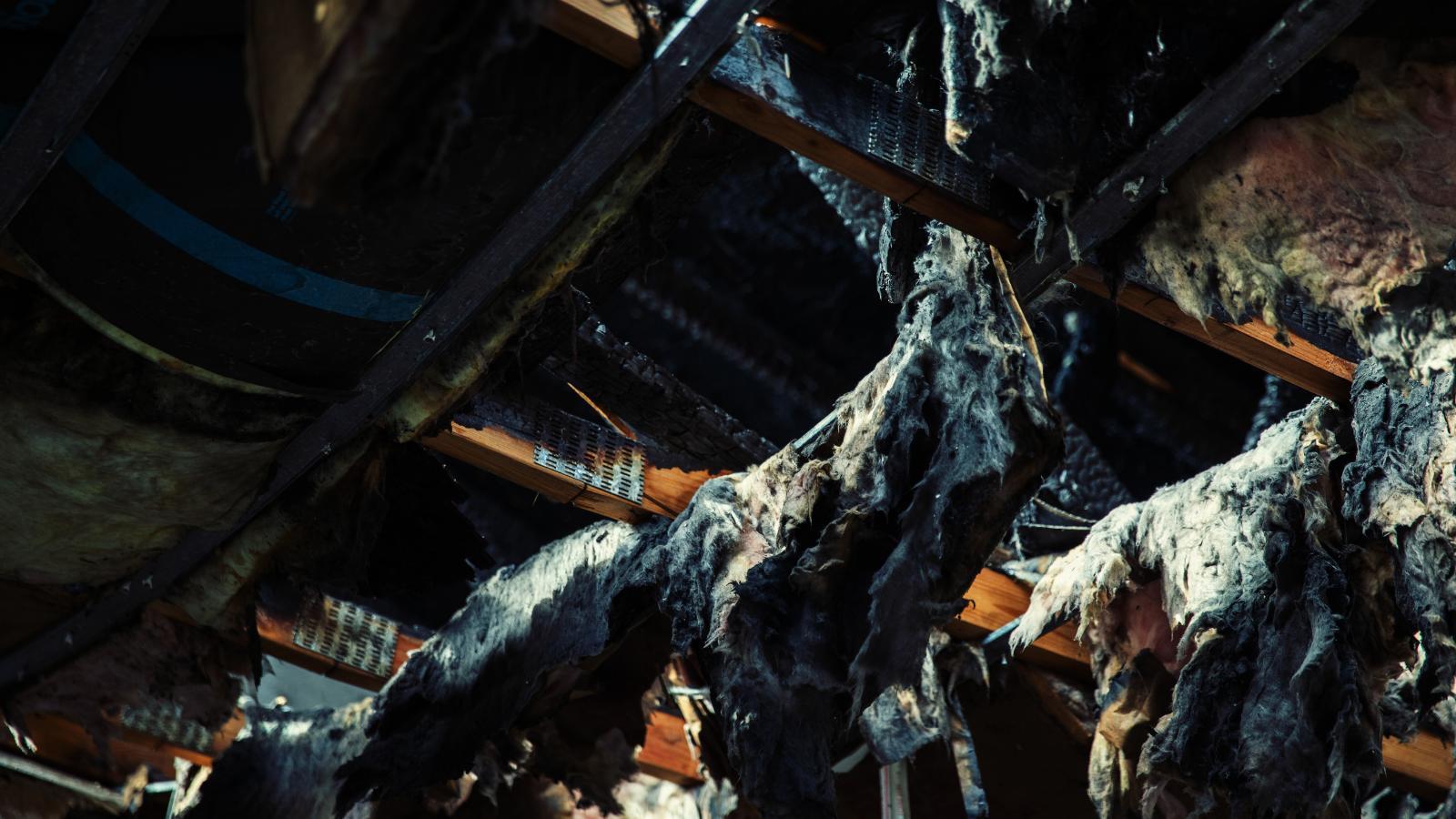2 min read
Dangers of Smoke Damage After a Fire
Fire is dangerous, that’s obvious enough, but few people understand the dangers of smoke damage after a fire. At CRC we want you and your peers to...
2 min read
Sarah Chadwick
June 19, 2025

A fire at a hotel or resort doesn’t just threaten property. It puts guest safety, your revenue, and your reputation at serious risk. Whether it's caused by a kitchen accident, faulty wiring, or a careless cigarette, the impact can be severe and long-lasting.
To help hospitality professionals prepare, CRC hosted, an expert-led webinar:
The Heat Is On: What Hotel and Resort Operators Need to Know About Fire Damage.
The session covered how to identify risks, respond effectively, and recover quickly after a fire.
Watch the recording below.
 Hotels and resorts are particularly vulnerable to fire due to their daily operations and physical layout. Common sources of fire include kitchens with grease buildup, overloaded electrical systems, laundry areas with high heat equipment, and even decorative elements like candles or string lights. Guest behaviors such as smoking in rooms or improper use of appliances can also increase risk.
Hotels and resorts are particularly vulnerable to fire due to their daily operations and physical layout. Common sources of fire include kitchens with grease buildup, overloaded electrical systems, laundry areas with high heat equipment, and even decorative elements like candles or string lights. Guest behaviors such as smoking in rooms or improper use of appliances can also increase risk.
Reducing these risks starts with proactive maintenance and training. Regular inspections, staff education, updated fire safety systems, and clearly posted emergency procedures all help lower the chance of an incident.
After the fire is out, the real work begins. Smoke often spreads far beyond the source, moving through HVAC systems and leaving behind odors, discoloration, and residue. Soot, depending on the type, can be dry, wet, oily, or protein-based. It affects surfaces, electronics, and fabrics in different ways.
Water used to extinguish the fire often causes additional damage. Saturated carpets, ceilings, and furnishings create ideal conditions for mold growth, and structural materials may weaken if water isn't removed quickly. Each type of damage—smoke, soot, and water—requires a unique remediation approach to fully restore the space and ensure guest safety.
Restoring hospitality properties is far more complex than handling fire damage in a typical commercial space. Hotels and resorts have large footprints, high occupancy rates, and interconnected systems like shared HVAC and plumbing. Safety is always the top concern. However, maintaining operational continuity is also important, especially if you're trying to reopen part of the property while repairs are still underway.
Phased restoration, proper containment of affected areas, and prioritizing high-use spaces like kitchens and lobbies are key strategies for reducing downtime. Planning ahead, knowing your vendor network, and having a fire response plan in place can speed up recovery dramatically.
Fire causes in hospitality environments often fall into a handful of categories:
Kitchen fires from grease buildup or unattended equipment
Electrical fires due to aging infrastructure or overloaded outlets
Smoking-related fires from carelessly discarded cigarettes
Mechanical equipment like dryers, boilers, or space heaters
Intentional fires (arson) in unsecured or low-visibility areas
Understanding these common triggers allows hotel operators to take meaningful preventive steps—such as scheduling regular electrical inspections, enforcing no-smoking policies, and monitoring high-risk areas with surveillance or staff presence.

Once the immediate crisis is under control, navigating compliance and insurance becomes the focus. Hotel operators must meet local and national fire safety standards, coordinate with inspectors, and ensure that restoration work is permitted and up to code.
Thorough documentation is essential—not just for compliance, but also for insurance claims. Detailed records of damage, professional assessments, and restoration actions help expedite claims and avoid disputes. Building relationships with qualified restoration partners and adjusters in advance can be a major advantage when time is of the essence.
Fires happen fast! A smart, well-coordinated response can make all the difference in minimizing damage and restoring operations quickly. Whether you manage a boutique inn or a large resort, having the right plan and partners in place is key to protecting your guests, your property, and your bottom line. If your hotel or resort has experienced fire, smoke, soot, or water damage, contact CRC today. Our team specializes in hospitality restoration and is ready to help you recover with speed, safety, and professionalism

2 min read
Fire is dangerous, that’s obvious enough, but few people understand the dangers of smoke damage after a fire. At CRC we want you and your peers to...

A devastating fire broke out at a large manufacturing plant, significantly disrupting operations. The fire originated in processing equipment and...

1 min read
In December 2025, a fire broke out overnight in the back storage area of an indoor playground facility in Greenwood Village, Colorado. The fire was...